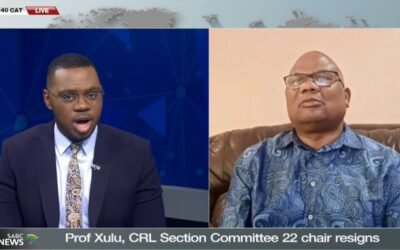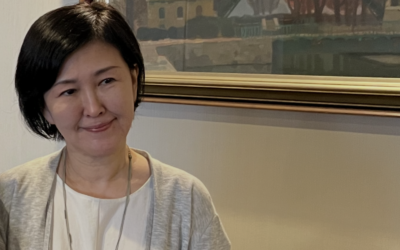In a daring legal experiment blending faith and finance, the Family Federation has assigned well-known national lawyers to reimburse dissatisfied donors, aiming to prevent litigation.
by Marco Respinti
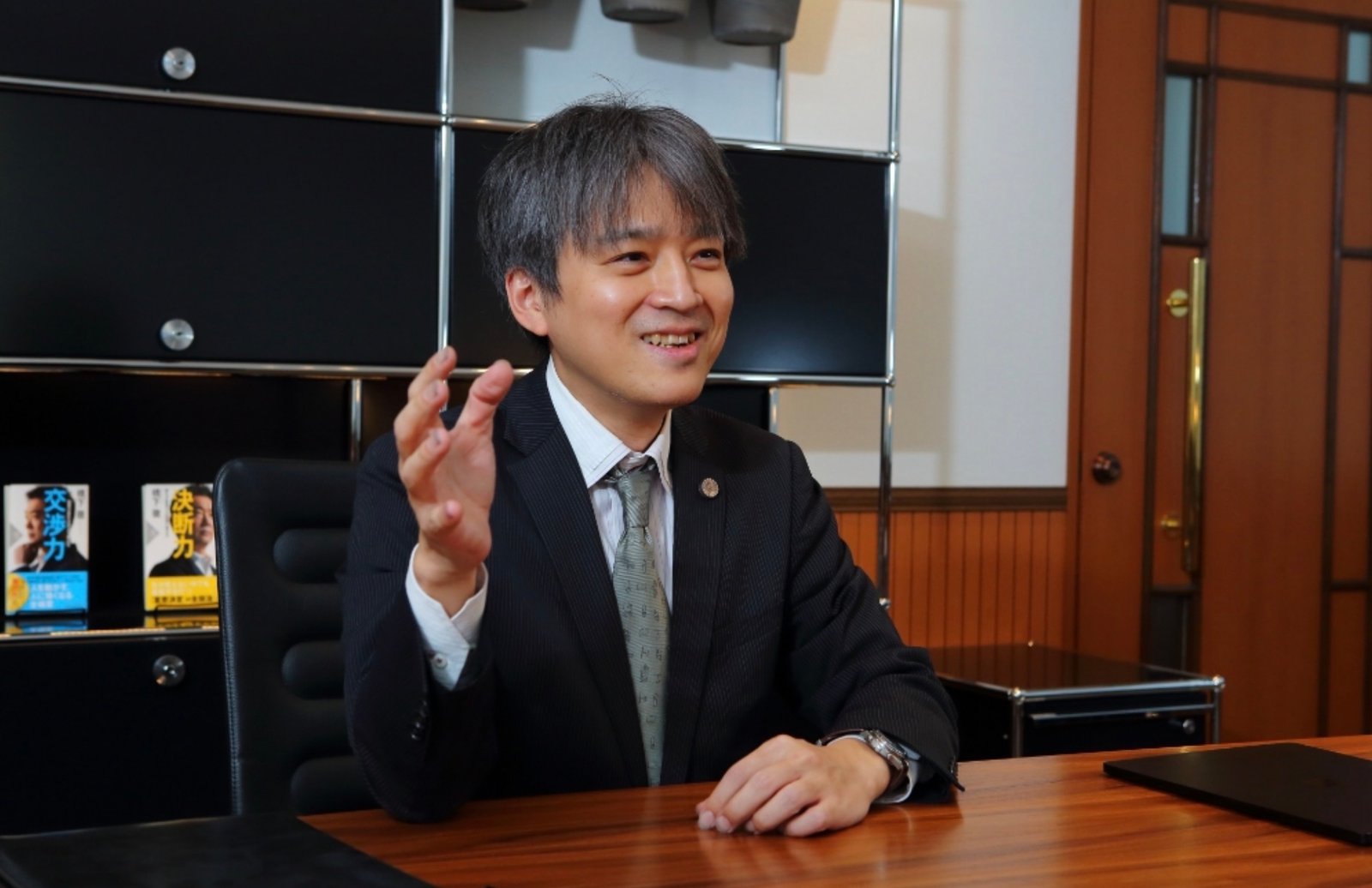
At the heart of two of Japan’s most dramatic legal battles—the trial of Shinzo Abe’s assassin and the appeal filed by the Family Federation for World Peace and Unification (formerly the Unification Church) against the first‑degree decision ordering its dissolution—lies a deceptively simple question: donations. Whether in cash or in the purchase of artifacts at prices far above their market value, the issue of giving (and taking back) money has become the fulcrum of both tragedy and politics.
The Family Federation insists that its donations were freely given, and that critics misunderstand the nature of religious contributions. At the same time, the church has often reimbursed donors who later regretted their generosity or faced family crises. The most famous case is that of the mother of Abe’s assassin, Tetsuya Yamagami. Though she herself never complained and remains a member of the church, local believers decided to return half her donations in installments after other family members raised objections.
Against this backdrop, militant anti‑Unification‑Church lawyers have built careers on sensational lawsuits to claw back old donations. Their motives are not purely altruistic: they charge fees to the donors they represent, and they pursue a broader political goal of dismantling the church altogether. If money alone were the issue, more amicable solutions might be found.
In response, the Family Federation has now turned to a different strategy: it has mandated a team of nationally renowned lawyers to form an independent Compensation Committee. Their mission is to resolve disputes quickly and fairly—a process more convenient for dissatisfied donors, though far less advantageous for the church’s opponents.
“Bitter Winter” interviewed the three attorneys leading this committee—Hiroshi Mizogami, Takashi Matsukuma, and Koutaro Sugiyama—to ask them what the committee is, how it works, and why it might offer a better path than the courtroom. Their answers follow.
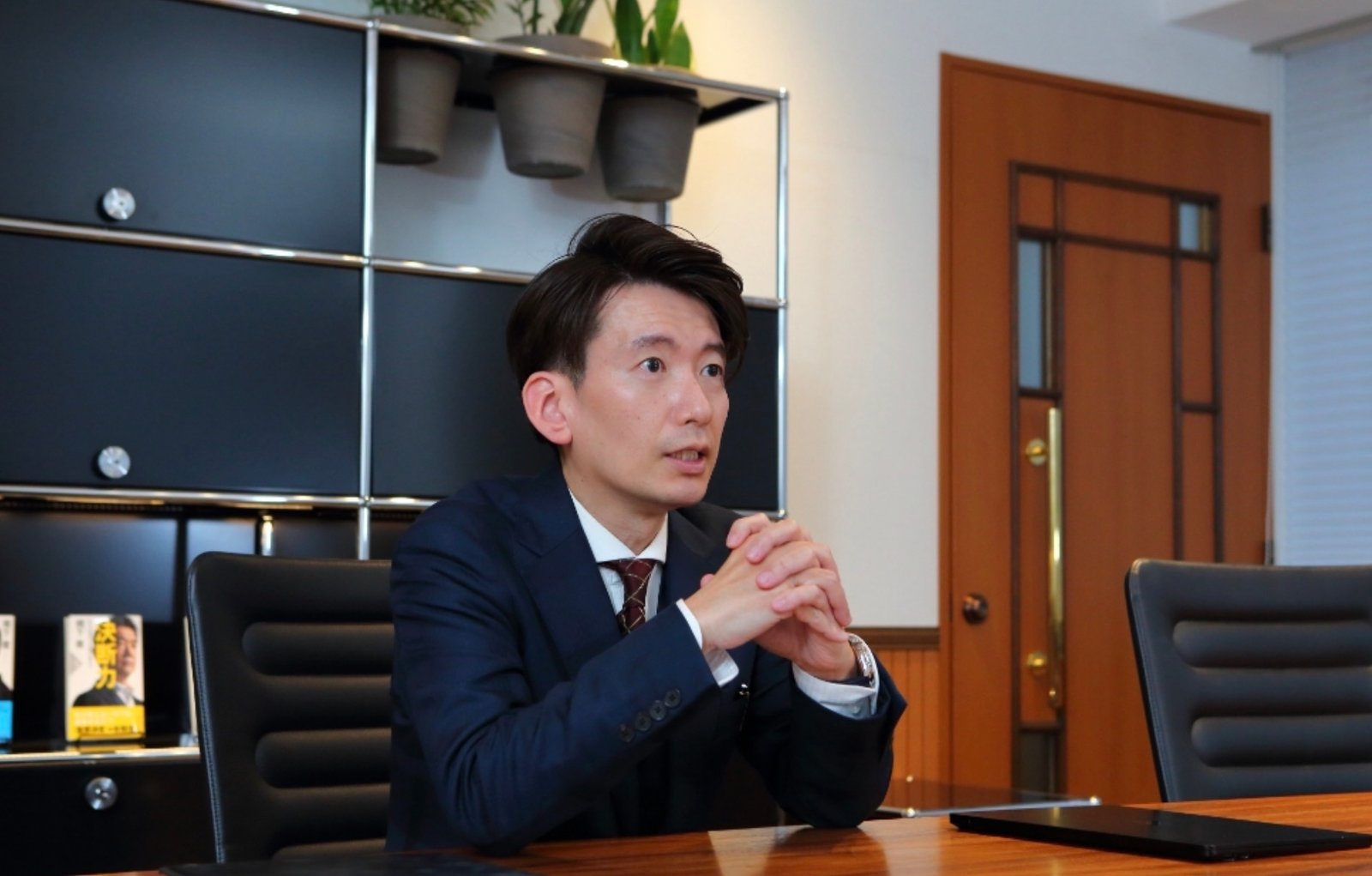
-What exactly is the Compensation Committee, and who sits on it?
-The Compensation Committee was created to address the long‑standing issue of donations to the Family Federation for World Peace and Unification (formerly the Unification Church). Its purpose is to provide compensation to current and former believers, as well as their relatives, when donations are deemed feasible for reimbursement. Importantly, our decisions are not about legality or liability. We do not ask whether a donation was illegal or whether there is a legal ground for exemption. If the fact of a donation is confirmed, compensation can be granted. This committee is not a “third‑party committee” under the Japan Federation of Bar Associations’ guidelines for corporate scandals. Rather, our independence is guaranteed by contract: the Family Federation has agreed that the committee will review and decide compensation cases entirely on its own authority. The committee consists of three outside attorneys with no prior business ties to the Family Federation. Further information is available on our official website.
-How do you guarantee that your work is independent from the Family Federation?
-It is true that the Family Federation requested the creation of this committee. But since August 2025, after extensive discussions, we have operated under our own compensation standards. We make decisions from the standpoint of social appropriateness, not institutional convenience.
The Family Federation has formally declared that it will accept our judgments both on who should be compensated and on the content of that compensation. Our independence is not a matter of rhetoric; it is written into the contract between the committee and the Family Federation.
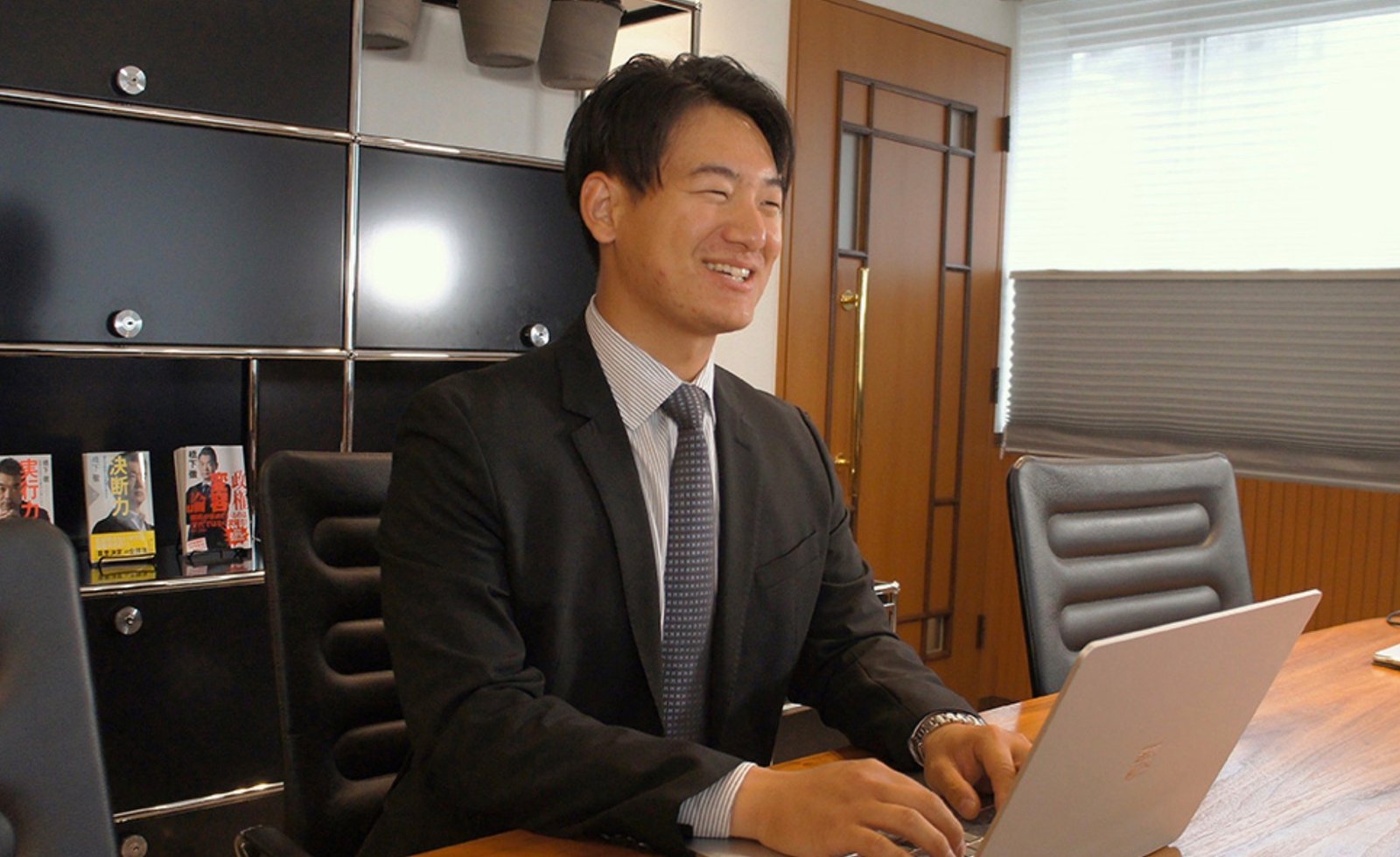
-Suppose I want to recover the amount I donated. Why should I contact your committee rather than file a lawsuit?
-Litigation is a heavy burden. Courts require strict fact‑finding, and donors must produce hard evidence that they suffered damage from their contributions. There are also legal obstacles: statutes of limitation, expiration of claims, and other procedural hurdles. Our committee works differently. We do not demand the same level of proof as a court. We judge cases from the perspective of neutrality, fairness, and social appropriateness. Even if a claim would be barred in court by prescription or limitation, we can still consider it. If interviews and investigations suggest a reasonable probability—even without exhaustive documentary evidence—we may recommend compensation. This is the advantage of applying to the Compensation Committee: a process that goes beyond the narrow confines of law, aiming instead at practical resolution and fairness.

Marco Respinti is an Italian professional journalist, member of the International Federation of Journalists (IFJ), author, translator, and lecturer. He has contributed and contributes to several journals and magazines both in print and online, both in Italy and abroad. Author of books and chapter in books, he has translated and/or edited works by, among others, Edmund Burke, Charles Dickens, T.S. Eliot, Russell Kirk, J.R.R. Tolkien, Régine Pernoud and Gustave Thibon. A Senior fellow at the Russell Kirk Center for Cultural Renewal (a non-partisan, non-profit U.S. educational organization based in Mecosta, Michigan), he is also a founding member as well as a member of the Advisory Council of the Center for European Renewal (a non-profit, non-partisan pan-European educational organization based in The Hague, The Netherlands). A member of the Advisory Council of the European Federation for Freedom of Belief, in December 2022, the Universal Peace Federation bestowed on him, among others, the title of Ambassador of Peace. From February 2018 to December 2022, he has been the Editor-in-Chief of International Family News. He serves as Director-in-Charge of the academic publication The Journal of CESNUR and Bitter Winter: A Magazine on Religious Liberty and Human Rights.


